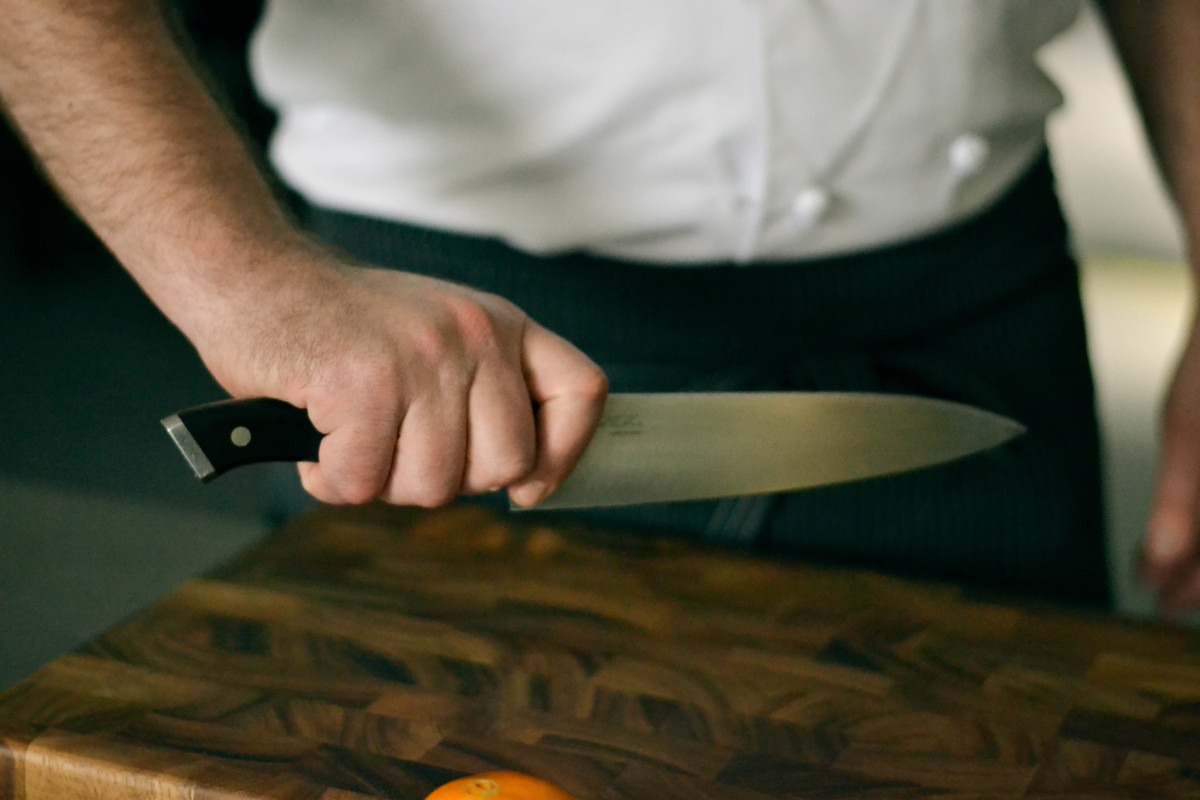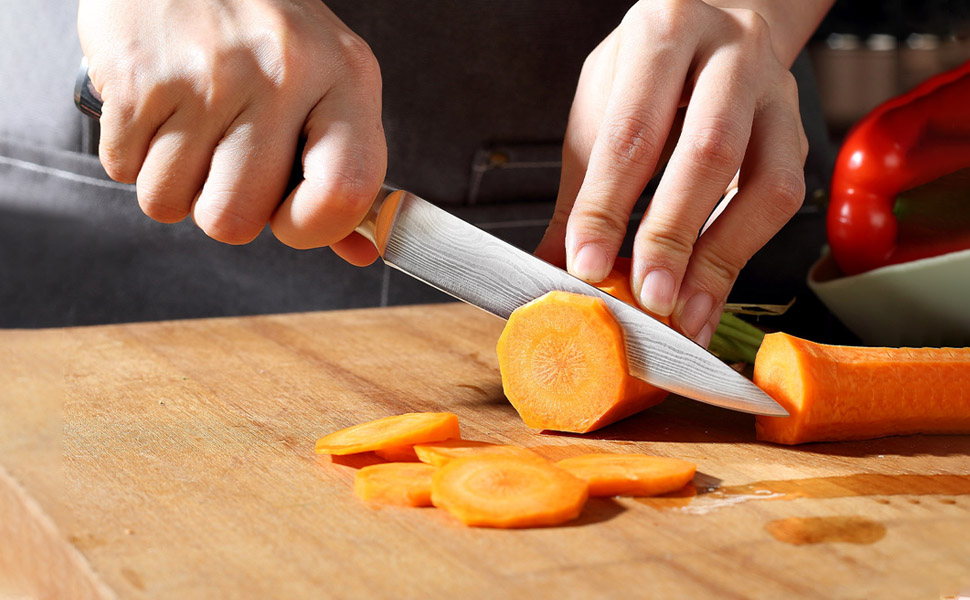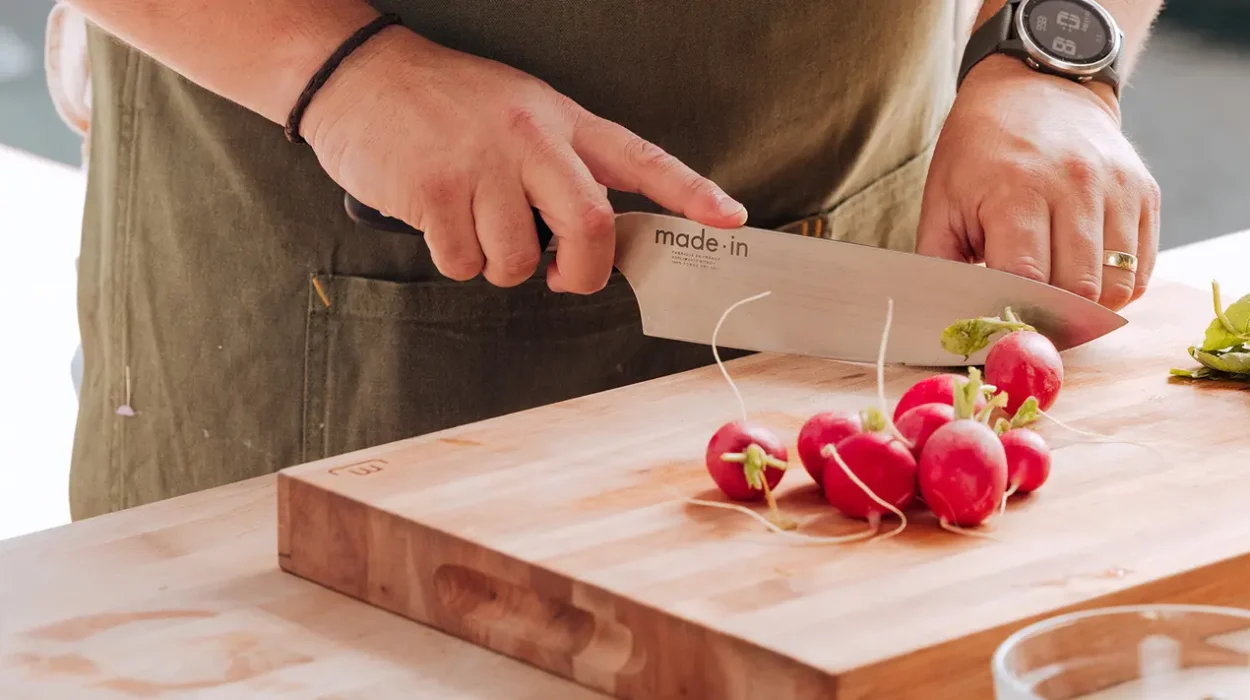For kitchen professionals, the importance of maintaining your tools cannot be overstated. A well-cared-for knife not only enhances the cooking experience but also ensures safety and precision. Among the most revered are German knives, known for their durability and sharpness. Proper care is essential to preserve these qualities. In this guide, we will delve into essential German knife care tips to help you maintain your knives effectively.

Why Choose German Knives?
German knives are renowned for their exceptional quality. Brands like Wsthof and Zwilling have set high standards in the cutlery industry. These knives are crafted from high-carbon stainless steel, ensuring a balance between hardness and corrosion resistance. Their design often incorporates a full tang, providing strength and balance. For more insights into why German knives stand out, visit this article.
Understanding Knife Anatomy
Before diving into care tips, it’s crucial to understand the anatomy of a knife. Each part, from the blade to the handle, requires specific attention. The blade is the cutting edge, the bolster provides balance, and the handle offers grip. Familiarity with these components aids in thorough maintenance.
Essential Cleaning Practices
One of the most fundamental German knife care tips is proper cleaning. Always wash knives by hand using warm water and mild detergent. Avoid submerging them in water for extended periods as this can lead to rusting. Dry immediately with a soft cloth to prevent moisture-related damage.
Avoiding the Dishwasher
Dishwashers are a no-go for German knives. The high heat and harsh detergents can dull the blade and damage the handle. For more common maintenance mistakes to avoid, see our guide on knife maintenance mistakes.
Regular Sharpening
Keeping your knife sharp is vital for efficient and safe cutting. Use a honing steel regularly to maintain the edge. For deeper sharpening, a whetstone is recommended. Always follow the manufacturer’s guidelines on sharpening techniques.
Sharpening Myths
There are several misconceptions about knife sharpening. To dispel these myths, check out our article on knife sharpening myths.
Proper Storage Solutions
Storing your knives correctly prevents unnecessary damage. Knife blocks, magnetic strips, and protective sheaths are excellent storage options. Ensure blades do not touch other metal objects to avoid nicks and dulling.
Avoiding Common Mistakes
Improper storage is a common error many make. For more on this, you can read about common knife mistakes.
Handling and Safety
Always handle knives with care. Use the right knife for the task to prevent damage and ensure safety. A knife should feel comfortable in your hand, providing a secure grip for precise control.
Understanding Grip Types
Different knives have varied grip types. Knowing the difference can enhance your cutting experience. For those interested in the specifics of knife handling, explore more about grip variations.
Avoiding Rust and Corrosion
Rust is the enemy of any knife. To prevent it, ensure knives are thoroughly dried after each use. Applying a light coat of mineral oil can provide an added layer of protection.
Investing in Quality
Investing in a high-quality German knife pays off in the long run. These knives require less frequent sharpening and have a longer lifespan. Brands to consider include Wsthof, Zwilling, and Messermeister.
Conclusion
Maintaining your German knives with these German knife care tips ensures they remain sharp, safe, and effective for years to come. By understanding their anatomy, cleaning them properly, and storing them correctly, you can extend their life significantly. Remember, a well-cared-for knife is a chef’s best friend.

FAQs
How often should I sharpen my German knife?
Sharpening frequency depends on use. Regular home cooks should sharpen every 3-6 months. However, frequent users may need to sharpen monthly.
Can I use a honing steel for sharpening?
A honing steel maintains the edge but does not sharpen. For sharpening, use a whetstone or professional service.
What should I do if my knife rusts?
If rust appears, gently scrub the area with baking soda and water. Prevent future rust by ensuring thorough drying after washing.
This article contains affiliate links. We may earn a commission at no extra cost to you.


